The most hyperreal character I created till now is Anantya Tantrist, the tantrik detective and the heroine of my latest, Cult of Chaos. She has made me schizophrenic. I know her voice so well, that I can hear her talk in my head, can tweet as her and myself at the same time, having conversations over Twitter or tell you what she would be saying right now for this blog (“Why’re you wasting your time? Do something creative.”). When I was still pitching her book, I met A, the editor, the HarperCollins editor of the series in India and told her that she had to say yes to the book, because Anantya liked her. And I wasn’t lying. It was the truth. She’s that real to me. Like a friend. So here, I share what I’ve learnt while creating her. Here’s my bits on how to create characters that are crazy real.
1 Take her out on a date
You want to know what the biggest antihero of your book thinks like. What does he want? Why does he want to destroy the world? Does he like coffee or prefer tea? Is he an alcoholic? Meeting a character is like meeting a stranger on a date. Ask them inane questions. Do they like chocolate or strawberry icecream? You have to ask them what they are like, what they want from their lives, what they desire, what they feel about traffic jams, what their objective in life is. Spend a day, talking to your character, even the minor one. Romance her, fall in love, or hate her like you would the guy who persistently honks behind you in a stuck traffic jam.
2 Find out how she speaks
Readers love dialogues. Many of us while reading a book skip all the details, the paragraphs that talk about atmosphere and stuff and go to the dialogues. Dialogues are by far the most important way that readers will know your characters from. So it’s very important to know how your character speaks. Hear. Listen to what people say, how they say it. Everyone of us has a style of speech. Try and bring that out for your character. What are the words she uses the maximum? The repetitive things she says after each sentence? You want to make it real, yes, but not so real that it has repeated sentences. So keep it short.
3 Know the emotional ticks
After the date, this is the second level of knowing your character. What are the social issues they connect to the most? What makes them raving mad, or crazy? What brings tears to their eyes? For even the vilest of villains would have that soft spot somewhere. Find out what makes them sad, what’s their emotional curve. Know it when you’re writing and your readers will feel it too.
4 Put in her past experiences
I call this the soul of the character. As we grow, we absorb experiences each day and you need to know what your character’s past was to understand how they will behave now. What has happened to them in their past? Who were the people they grew up with? Like 90s soap operas, physical abuse, the desire to own a car or bullying a classmate or a pet. These experiences make the person we become and if you know the character’s past, you will know how they will react to situations, when and how they will act and take the story forward. To know your characters is to know your story too.
5 Listen to her body, beyond the face.
Body language is a very important aspect in detailing a character. Whether you write first-person narrative or third, you have to know how the character blink their eyes when they talk, how they smile, what changes in their body language when certain people are around. Find words for them, keep them listed somewhere. How our eyes look when we speak, how do our legs and hands move. Is her hair disheveled or clean, how does she smell? What are her most prominent features? How does she move her hands and arms and legs when she speaks? Build your vocabulary about the character and you’ll be able to bring her out in flesh and blood through words.
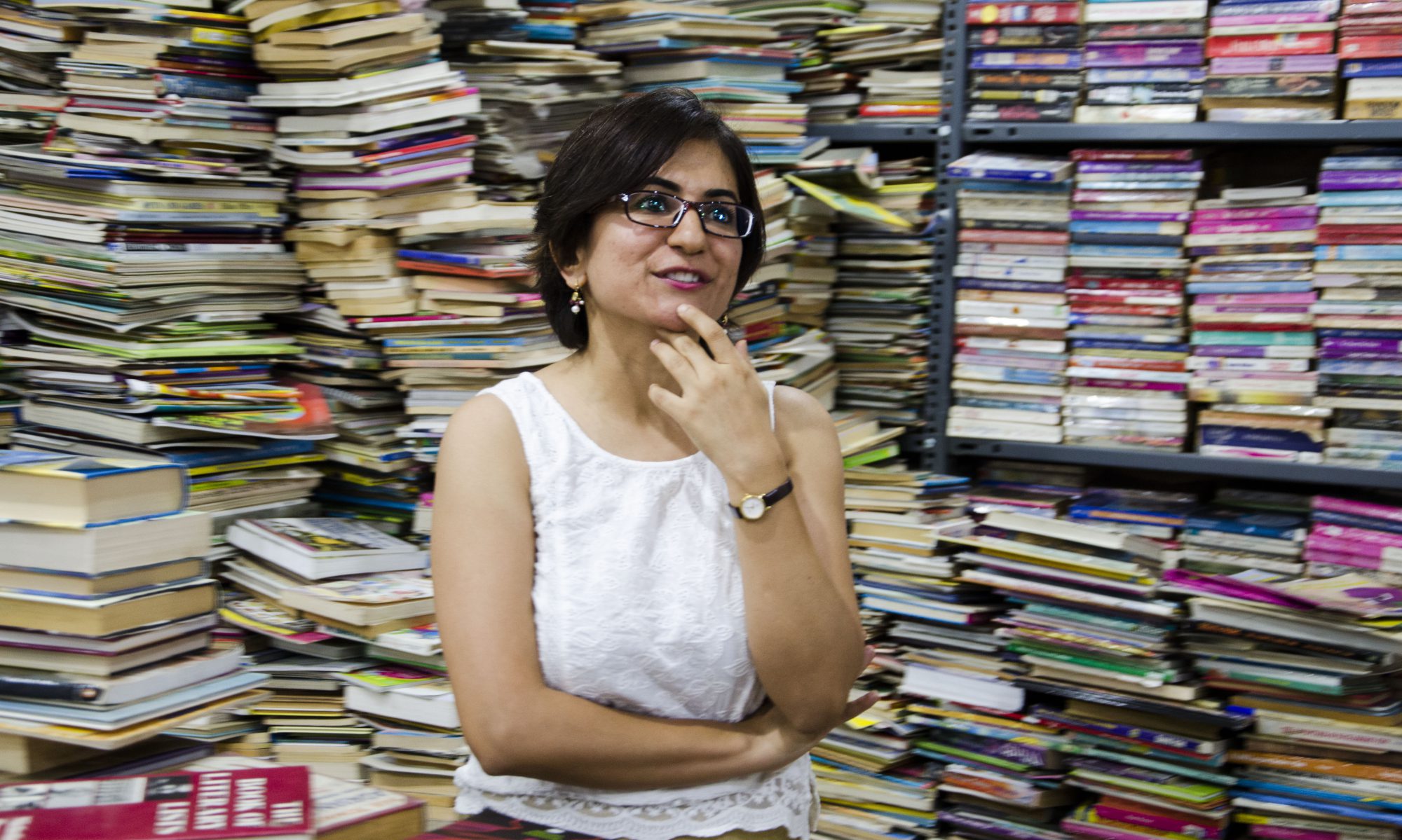
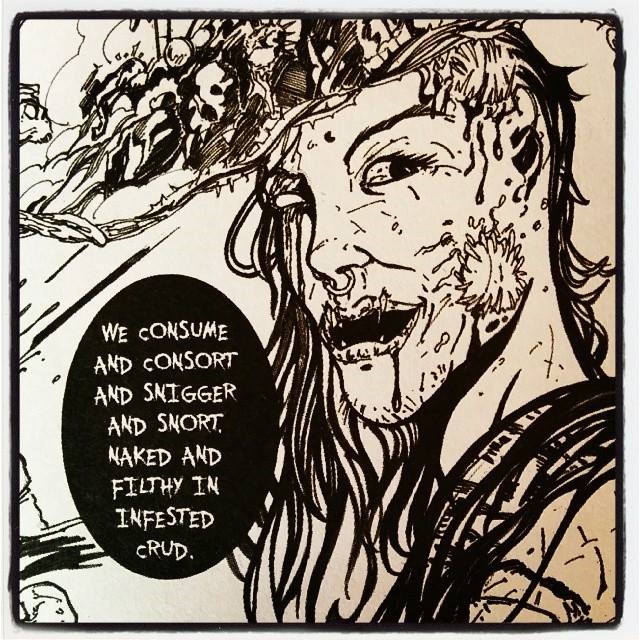
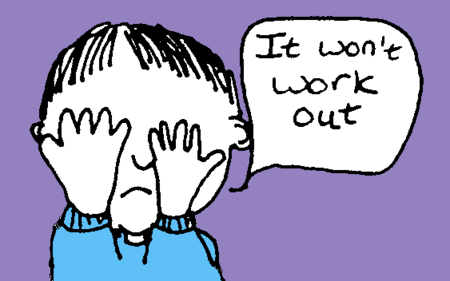 I fail at writing every day. Every damn day. I sit in front of the computer, my hands spread like claws on my keyboard and I do not know what word to put after the first one and then the other. Failure is essential to my creative process. I have to constantly fall right into failed words and failed ideas to know that they’re not working. I stare everyday deep into failure’s eyes, say hello there and know that like the heroine I am writing about, I too will come out of the frozen phase into creativity, into light, into success of expressing the story. But not today.
I fail at writing every day. Every damn day. I sit in front of the computer, my hands spread like claws on my keyboard and I do not know what word to put after the first one and then the other. Failure is essential to my creative process. I have to constantly fall right into failed words and failed ideas to know that they’re not working. I stare everyday deep into failure’s eyes, say hello there and know that like the heroine I am writing about, I too will come out of the frozen phase into creativity, into light, into success of expressing the story. But not today.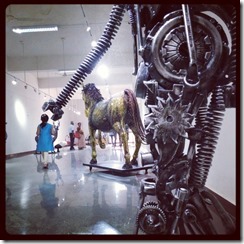
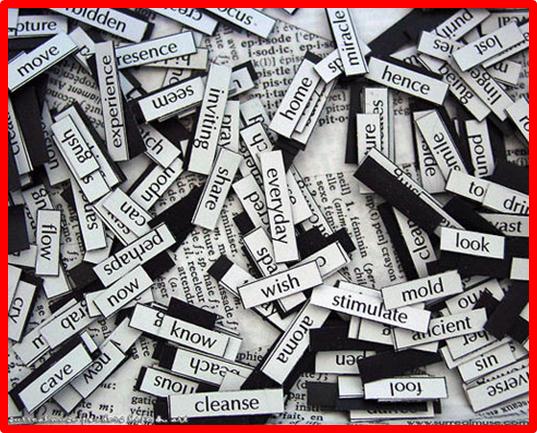 supposed to be a writer’s.
supposed to be a writer’s.